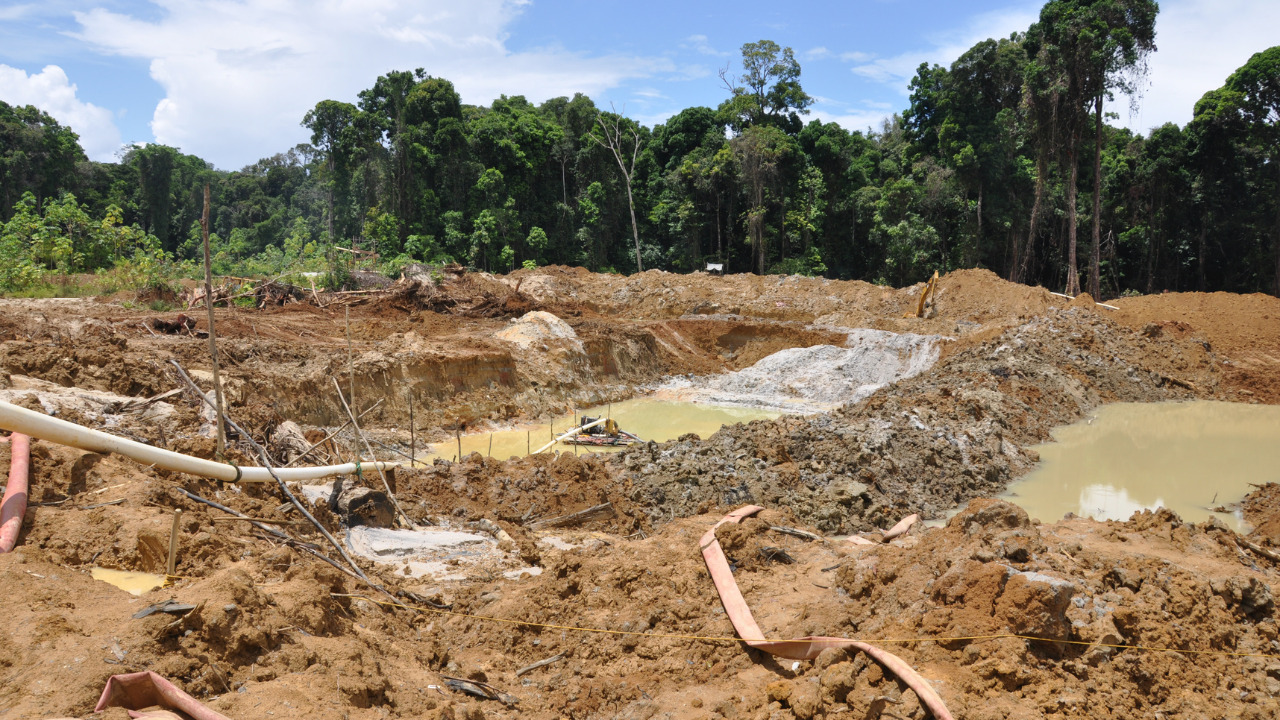Date first published: 28/03/2023
Key sectors: all; mining
Key risks: terrorism
Risk development
On 19 March nine Chinese workers were killed and two others were injured by unidentified armed assailants during an attack at the Chimbolo gold mine, near Bambari, Ouaka prefecture. The assailants stormed the facility’s premises around 05:00 local time and quickly overpowered the mine’s security.
Why it matters
Authorities immediately blamed the Coalition of Patriots for Change (CPC) rebel group – which is active in the Bambari area. The CPC rejected the claims and stated that the attack was instead carried out by the Russian mercenary Wagner Group. Neither party provided evidence for their accusations.
Although foreign workers are desirable targets of kidnap for ransom attacks, the modus operandi employed by the assailants suggests that the attack was not financially driven. Reprisals from local communities against foreign mining operations in the country are also common although these are typically limited to looting and ransacking incidents. Over the past several years, Wagner has increasingly extended its control over the country’s mining sector, which has coincided with a rising number of reported attacks on local artisanal miners, particularly in the prefectures of Ouham and Vakaga.
The incident pinpoints the country’s deteriorating security environment as competition between actors for control over natural resources continues to fuel armed and criminal activity. Following the attack on the Chimbolo mine, the Chinese Embassy in the Central African Republic (CAR) released an alert urging its citizens to avoid travelling outside of the capital Bangui. A new surge of fighting between rebel groups and federal forces – particularly for control over lucrative mining sites – suggests that the country’s security environment is likely to become progressively more volatile over the coming months.
Background
The CPC was formed by six armed groups in 2020 to oppose current President Faustin-Archange Touadera’s candidacy in the general elections and has since controlled large swathes of the country’s territory. The coalition frequently clashes with the Central African Republic Army (FACA), Wagner mercenaries and other militia groups for access to resources, particularly across the prefectures of Vakaga, Ouaka, and Nana-Mambere.
Wagner operatives were initially deployed in the Central African Republic after Moscow and Bangui signed an agreement exchanging military support for mining concessions. During December 2020 Wagner’s involvement in CAR escalated significantly as the CPC advanced to the outskirts of Bangui. Thanks to the mercenary group’s support, federal forces were able to fend off the siege and reclaim rebel-held territory throughout 2021. Since then, Wagner has aggressively shifted its focus to controlling natural resources, including minerals.
Risk outlook
The incident at the Chimbolo mine underscores the fragile operating environment for foreign mining companies, investors and NGOs amid increased activities by rebel and militia groups. The expansion of Wagner’s footprint in the country, particularly in the mining sector, is also likely to further escalate tensions between local militias and to fuel hostility towards foreign actors.
In addition, several rebel groups – including the Siriri Coalition’s militant wing – recently threatened to advance towards Bangui, as they progressively reclaim rural areas formerly under the FACA’s control. While a siege of the capital is unlikely in the short term, the country’s endemic political instability will likely lead to a further deterioration of the security environment, dramatically increasing risks to foreign operators. Further attacks on foreign companies’ assets are highly likely over the coming months.



